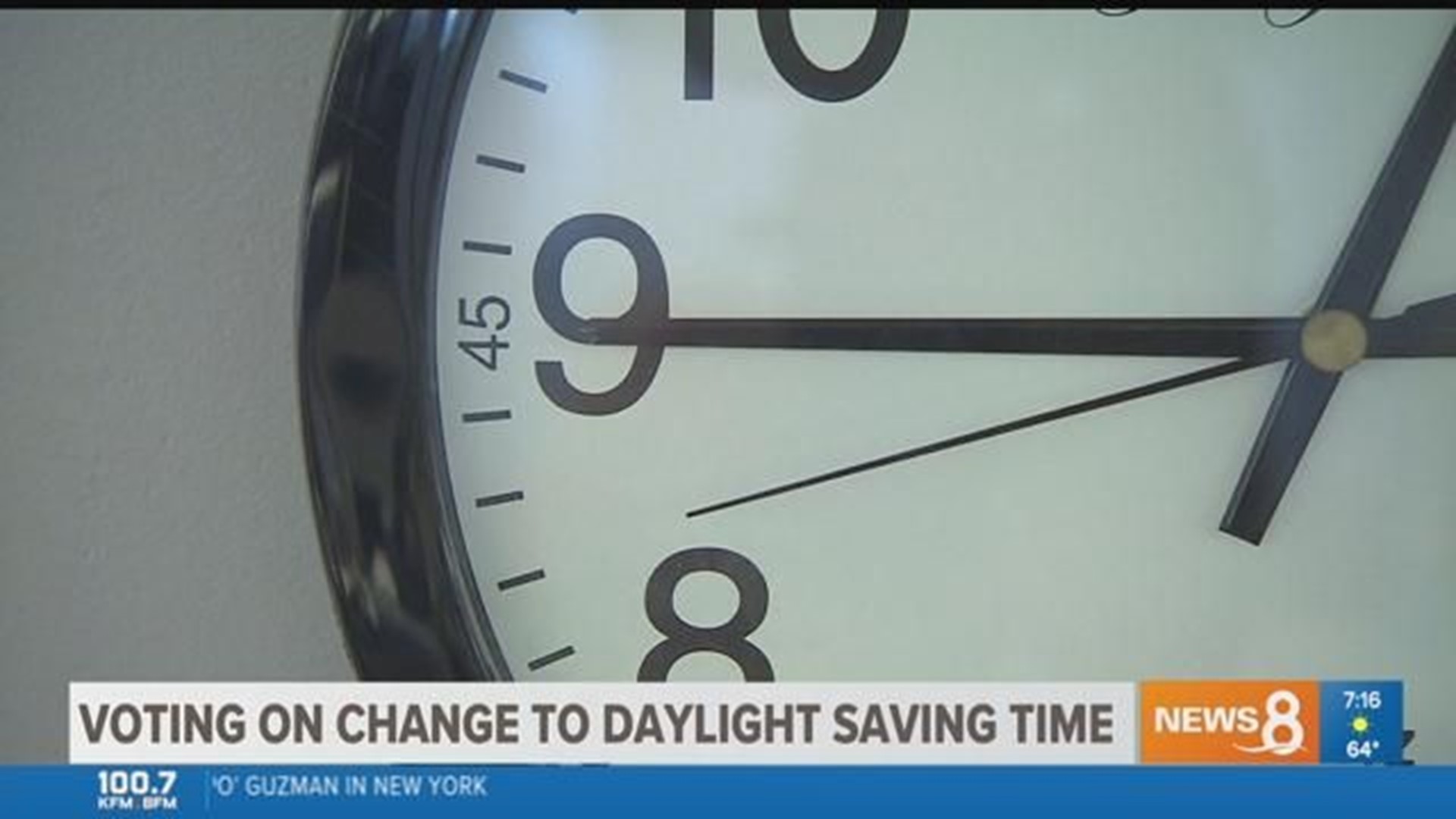SAN DIEGO (NEWS 8) - Now that Daylight Saving Time (DST) has come to an end, most Americans succumb to the myth that an extra hour of sleep was gained – but the sleep science experts at SleepScore Labs have gathered historical data that proves otherwise.
In fact, the hour transition actually boasts more negative impacts than positive.
Dr. Roy Raymann, Ph.D., Vice President of Sleep Science and Scientific Affairs, SleepScore Labs - has over 25 years of expertise in the sleep industry, leading academia and clinics, as well as overseeing the scientific rigor of the SleepScore ecosystem.
In places like California, DST is a particularly hot issue. Voters will be asked whether or not legislature should have the power to end DST with Proposition 7 on the ballot.
Using data pulled from the SleepScore App -- a free, non-contact tool that allows users to accurately track their sleep through the use of sonar -- SleepScore Labs found that:
- The majority of SleepScore users did not sleep in on Sunday, which debunks the common belief that we all gain an hour of sleep.
- Interestingly enough, most people woke up one hour earlier than usual on Sunday morning, indicating that wake time was determined by natural bodily rhythms rather than by the time on the clock.
- Based on the last three years of sleep data, most people fully adjust to the time change by Wednesday evening, when their sleep patterns will return to normal.
Quality sleep is at least as important to health as a healthy diet and regular exercise, and SleepScore is on a mission to help the world sleep better by enabling almost anyone with a smartphone to discover the path to better sleep for free.
For more information about SleepScore and where you can download the app, click on the link below.

